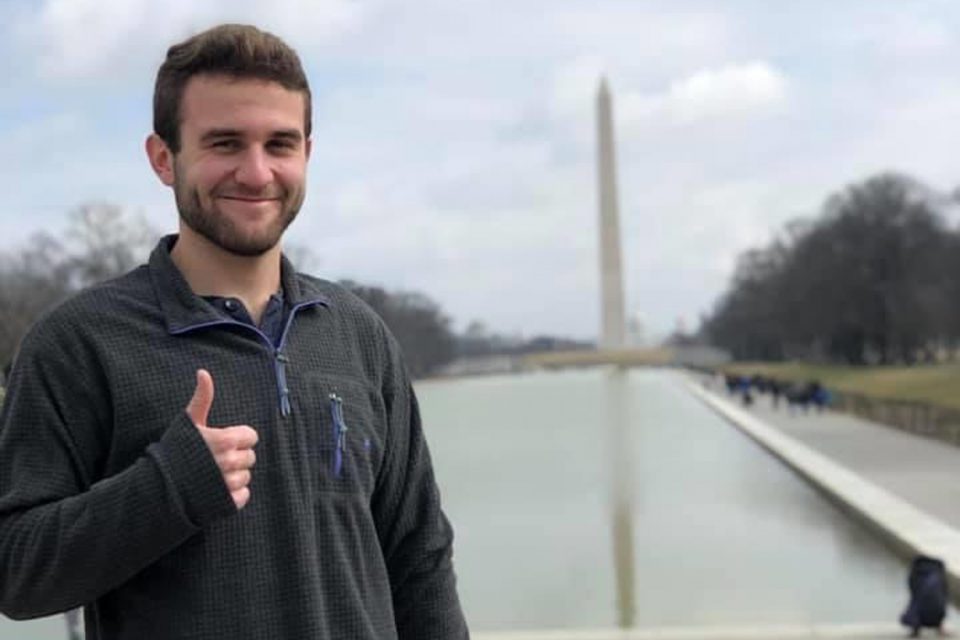

Luke Beasley enrolled in the M.S. in Data Science program at Columbia University immediately after graduating from Texas Christian University with a degree in mathematics and marketing. Today, the 2021 alumnus is a data scientist at CVS Health, where he is working on suicide prevention and early detection of depression. Here is a glimpse into Beasley’s preparation for and experiences during his graduate studies.
What helped to pique your interest in data science?
Sabermetrics! The application of data science, or more generally just statistics, to the game of baseball. I really love the sport, so seeing my math-minded brain start to connect numbers to the game really opened my eyes to the field. From there, my interests surrounding data science expanded, so even if I never end up in the baseball side of the industry, I still owe it a great deal.
How did your undergraduate experience at Texas Christian prepare you for Columbia’s M.S. in Data Science program?
Students succeed from either math or computer science backgrounds, but I was very grateful for my theoretical math background during some of the courses, particularly machine learning and stats. Some courses I would recommend looking into beforehand, whether as a full-semester course or an online crash course, would be linear algebra, some proof-based math class, stats, and some basic Python courses.
What was your favorite data science course?
Statistical Inference and Modeling is vital to my daily work, and I really enjoyed the math theory behind it.
Why did you choose to come to Columbia for graduate school?
The three main factors in my decision were courses offered, exposure to the field, and placement of graduates. Columbia does all of those very well and has the added benefit of being in one of the greatest cities in the world!
What do you like most about living in New York City?
Moving from Alabama to Fort Worth, Texas [for college] felt like a huge cultural shock of a “big city”, so you can imagine how I felt moving to NYC. The city could not be any different from where I grew up, but I love NYC all the same. I have a hard time identifying a favorite part because I’ve had so many great experiences in the city, from Broadway shows to long walks through various neighborhoods, every day seems to be a new adventure. NYC always has something for you to do, regardless of your interests. And the food is incredible! Although, little things like walking half a mile to get my groceries always remind me of the hard parts of living in such a large city.
How did the pandemic impact your experience during the M.S. in Data Science program?
I left NYC for spring break in March 2020 and did not return until July to move my stuff to storage. My job is in NYC, but I’m living in Texas with friends until work returns to the office. The pandemic definitely made social experiences harder as everyone adjusted, but the classes adjusted well and I still felt like I learned what I needed to succeed.
Tell us about your capstone project.
Building geospatial datasets to help predict COVID outbreaks using social media image data with Marianthi-Anna Kioumourtzoglou and Carl Vondrick. We built scrapers to pull images from social media, then built a few neural network classifiers to filter the relevant images. The end result was a dataset that provided a more continuous view of how different neighborhoods were interacting during the pandemic.
What else did you gain during your Columbia data science experience?
Highly practical toolset to move into the data science field; great friendships and connections to classmates, professors, and alumni who are all over the world in a variety of different industries; and I learned how to maneuver in academia.
— Sharnice Ottley